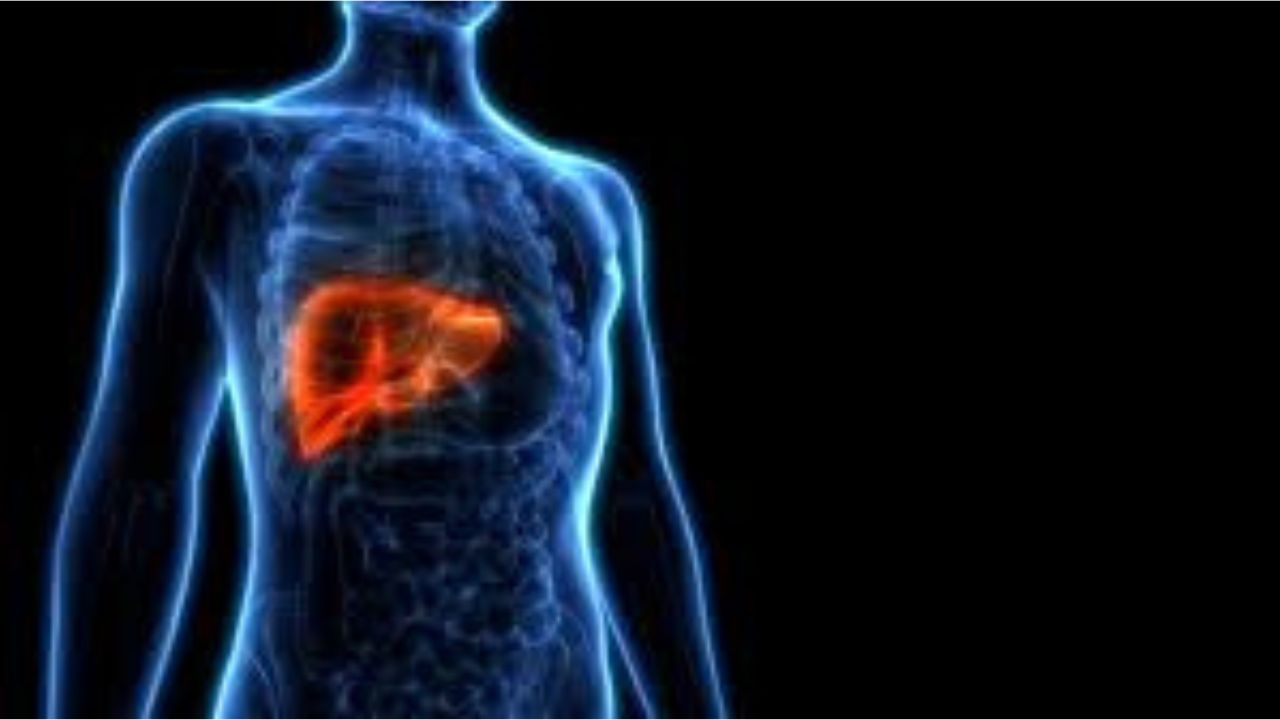When the immune system of the body assaults the liver cells inadvertently, it causes inflammation and liver damage. This condition is known as autoimmune liver disease. Those who have this illness can show no signs until significant harm has been done. This may also be brought on by some infections, hormonal abnormalities during pregnancy or menopause, or immunological illnesses in the family. Fatigue, abdominal pain, yellowing of the skin and whites of the eyes, an enlarged liver, aberrant blood vessels on the skin, skin rashes, joint pain, and loss of menstrual periods are just a few of the symptoms of autoimmune liver disease.
The two main kinds of autoimmune liver disease are primary biliary cholangitis and autoimmune hepatitis (AIH) (PBC).
Autoimmune liver disease causes
Although the precise origin of autoimmune liver disease is unknown, genetic and environmental factors are thought to be involved. Family history of autoimmune disease, certain infections like hepatitis A, B, or C, exposure to certain drugs or toxins, hormonal imbalances like those during pregnancy or menopause, and autoimmune disorders like lupus or rheumatoid arthritis are some risk factors for developing autoimmune liver disease.
Autoimmune liver disease treatment
The kind and severity of the ailment will determine the course of treatment for autoimmune liver disease. The main objectives of treatment are to control symptoms, reduce inflammation, and slow or stop the progression of liver damage.
1. Drugs: Immunosuppressive drugs such azathioprine and corticosteroids are frequently used to weaken the immune system and lessen inflammation.
2. Primary biliary cholangitis is frequently treated with ursodeoxycholic acid, a drug. It alleviates some symptoms and slows the progression of liver damage.
3. Liver transplant: A liver transplant may be required in extreme circumstances where the liver has suffered extensive damage. A healthy liver from a donor is substituted for the diseased liver during a liver transplant.
4. Lifestyle modifications: Adopting a healthy lifestyle by controlling your weight, abstaining from alcohol and cigarettes, and engaging in regular exercise can aid your liver and your general health.
Working closely with a healthcare professional is essential to creating a treatment strategy that is suited to each patient’s requirements and objectives. To track the disease’s development and modify medication as necessary, regular monitoring of liver function and symptoms is also necessary.

 हिंदी
हिंदी






